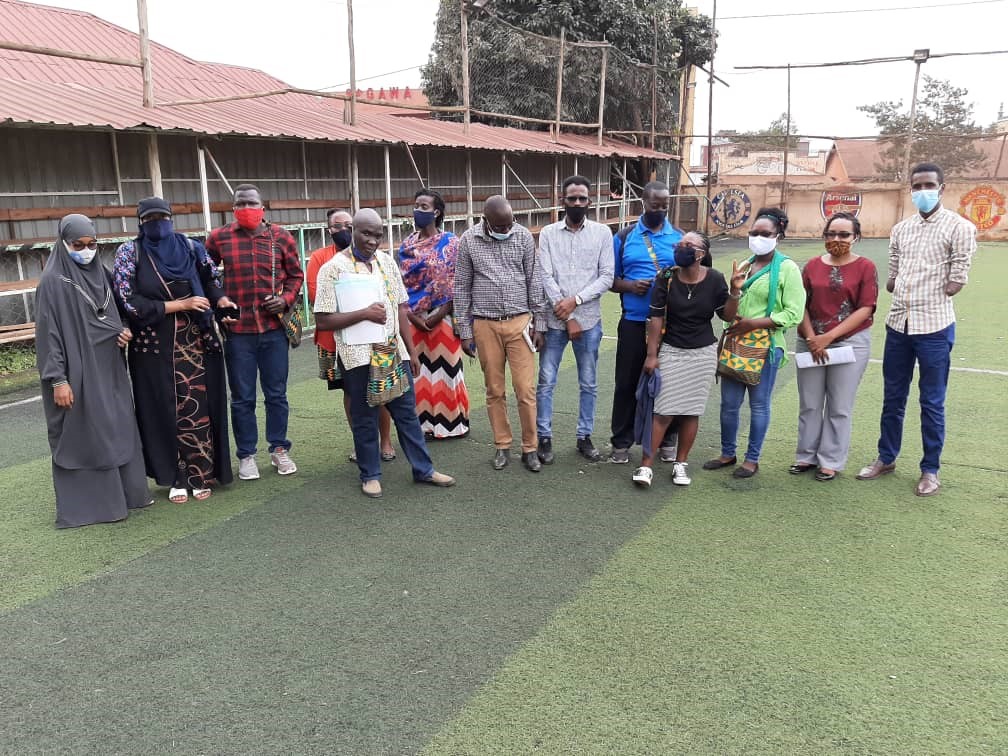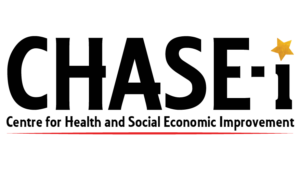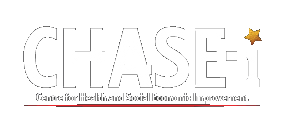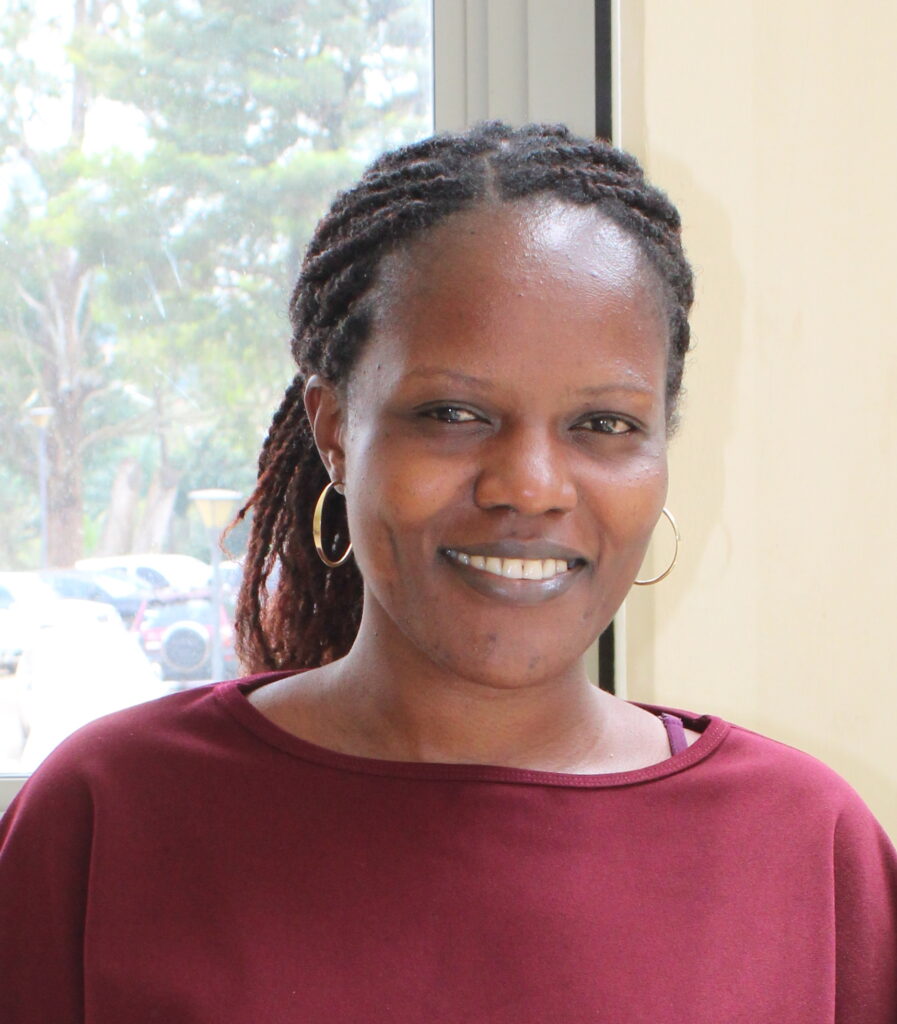Outside my bubble.
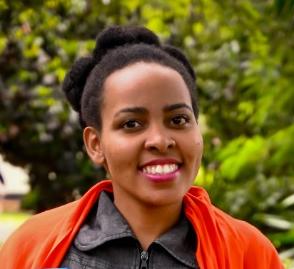
Martha Kirabo
- January 22, 2021
REFLECT and ALERTS, these are acronyms of studies that literally changed my life. Given the push by the CHASE I team and other stake holders, to use and avail the evidence from these studies to inform policy, I sure hope the lives of refugees and slum communities in Uganda change for the better.
I got to serve with the Refugee lived experiences, compliance and thinking (REFLECT) quantitative data collective team. As is the practice with CHASE I we were trained (for some, retrained) for the data collection exercise and also prepped by seasoned research partners from LWF, MoH, ACODE on the do’s and don’ts when interacting with refugee communities especially in these COVID 19 times. I was apprehensive about the risks involved but with the COVID 19 SOPs in mind, I mustered the courage and knew that beyond a paycheck, there was great learning and service to be done. We were welcomed into Kisenyi (one of the urban refugee settlements) by a team of Somali translators and local leaders who also served as guides throughout the exercise. Though there are many tales to be told, I’ll highlight two.
Kampala was a COVID 19 hotspot at the time the study was conducted and cases from Kisenyi had already been reported. As we knocked at various doors, some in upscale apartments and others in congested small rentals, we were still perhaps because of the good will of the translators and local leaders, generally welcomed. In one of the apartments, we were welcomed to sit on the floor of a young widow who had about three children. She depended on remittances sent by her relatives abroad. She hardly interacted or trusted anyone else with her pain and struggles. Her children had other children over but hardly left the house. The fear of COVID 19 was real but I could not help but think that beyond the loneliness that comes with social distancing as part of the COVID 19 SOPs, there is evident loneliness from being away from loved ones in a country at whose mercy you must be. It felt like a jail without bars but a fine jail nonetheless compared to the life left behind in Somalia. So yes, some adhered almost to a fault to the COVID 19 restrictions, but as one ignorant of the ins and outs of the life of refugees in Uganda, I could not help but feel a deep sense of sadness at the psycho-social consequences of a pandemic on the quality of life of already vulnerable communities such as these.
Then came the quickest interview I conducted. It was the quickest not because the survey questions were suddenly amended but simply because the questions were not applicable to the Respondent. He was a middle-aged person with multiple disabilities who expressed an overall sense of hopelessness towards whatever life had to offer. He was being supported by an organisation to meet his day to day needs but still felt like life had dealt him a very harsh hand. He could not have a family like everybody else let alone the warmth and love a wife could bring. So, when it came to the sections of the survey tool on Knowledge, compliance and adherence to COVID 19 and related SOPs, he was nothing short of apathetic. He did not believe COVID 19 existed and true to this, he did not have a mask on and neither did majority of the families that lived within that given enclosure with multiple houses. Most of the households, as I observed, had several individuals living in a single unit. This was the case for both the refugees in the upscale apartments and for those in the congested low-income housing. On average, if one unit housed 8 individuals, seven houses sharing one gate had a population of about 56 people. Therefore, if one person did not believe COVID 19 existed and exposed themselves in one way or the other, within a matter of hours 56 others would not only contract it but perhaps spread it to the numerous neighbouring units in the refugee settlement.
These experiences, I found, were not unique to refugees. In the Adherence Lived Experiences and Thinking for slum communities (ALERTs) study, I had what I call a privilege, to see life beyond my middle-income bubble. I could tell of the 15 minutes’ conversation I had with female sex workers who given their trade, SOPs were impractical and violating them was inevitable. I could tell of the silent potential I saw as I interviewed youth who had or knew others who had become unemployed as a result of the COVID 19 restrictions and were tired of wealthy politicians not adhering to SOPs as their livelihoods in bars and road side food stands were being barred by the same. I could tell of the private health workers who helped to deliver babies pro bono for mothers without a penny to pay during lock down and yet themselves, struggled with the realities of meeting the costs of their small health centers with hardly any support from the government. I could tell of demotivated Village Health Teams who volunteer their time to sensitize a community like Kataba filled with doubting Thomases about COVID 19 and other diseases. Only to be asked “Do you personally have any relative who has or has died of COVID 19?”
“Social distancing is for the rich, how do you expect us who share this small room with 7-9 others to socially distance, wear masks…?
Don’t even get me started on congested trenches drenched with sewage, condoms and garbage in between some households. I could indeed tell many tales.
There are several categories of inequalities most popular for Economists being, Income inequality. Allow me coin another which I suspect in the world of research and journalism already exists in perhaps a more sophisticated manner, reporting/evidence inequality. A new year is here, total COVID 19 related deaths are now in hundreds, headlines of renown members of the elite who have succumbed to it have made their rounds. These make the front pages and those from communities such as Kisenyi and Kataba perhaps feature in lumpsum statistics, reporting/evidence inequality. Though there might be some undertones of frustration, I am hopeful the Lorenz curve for reporting/evidence inequality is drawing towards the baseline through efforts of these and other studies. It will however, require continued concerted efforts outside and within our own individual bubbles. Some, like myself who live in more sheltered bubbles must strive even more to serve and be concerned beyond a paycheck. As I fret about refilling my bottle of sanitizer, another frets about soap and water being luxuries.
About the Author
Martha is an Economist with a passion for community. She can be reached on kirabo.mm@gmail.com
